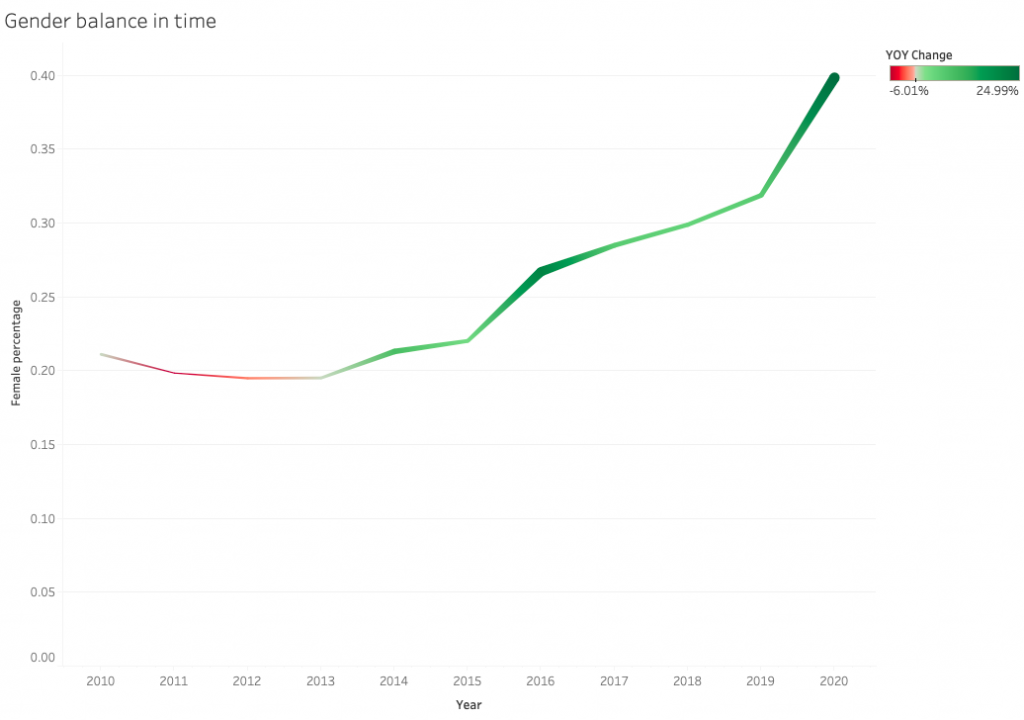One day! – to celebrate the mothers, wives, sisters and daughters in our lives. We say we live in modern times and consider ourselves enlightened and educated, but even now, in many parts of the world women are discriminated against, not being given even basic human freedoms. And I am not just talking about third world countries: even in the so called “first world nations” women are discriminated against, looked at as objects and paid only a fraction of what is paid to a man for the same job.
I do not understand the reason for this discrimination. My father was an officer in the merchant navy, which meant that for most of my childhood he was away at sea and that meant my mother was the one who looked after all our landbound affairs, and I can tell you that if my father was in charge, things wouldn’t have gone nearly as smoothly as they did.
We have made some progress already – things are better today than they were in the past. Women were considered the weaker sex and seen only as a companion, caregiver, housekeeper, cook and breeder. Men on the other hand were stronger, the hunter, the protector, the main bread winner and because of this they were given some education and seen as smarter. There was no need to educate women as it would have been a waste of money and would not have been in their job description. I can’t believe this is what men thought and, in some cases, still think!
In fact, some western countries gave women the right to vote only about 50 to 100 years ago, mostly during the interwar period – Canada (1917), Britain and Germany (1918), Austria and the Netherlands (1919) and the United States (1920). Notable exceptions in Europe were France, where women could not vote until 1944, Greece (1952), and Switzerland (1971).
Women have had to fight at every step for the right to be treated as equals to men.
Gender Pay Gap

Even today, in several countries (including in “enlightened” first world countries), women are not paid on par with men for doing the same job and just as competently. There are a number of social reasons given for this disparity in income – from motherhood (perception that women cannot work as long or as hard as men) to jobs that are perceived to be male dominated (construction, manufacturing, mining, transportation, etc.).
For example, the following graphic shows the women’s weekly earnings, employment, and percentage of men’s earnings, by industry, in 2009, in the United states.

The OECD was showing the following gender pay gaps (unadjusted) in 2008.

There’s been positive change since, with numbers from 2015-2019 showing improvement overall. Lower numbers are better – and Belgium is leading the pack.
Gender Education Gap
What is more shocking than this disparity in income, is the disparity in education.
Learning is the cornerstone for growth and self-discovery, so what happens if educations is denied or restricted to a part of the population. This part of the population will not have any growth or self-actualisation.

The countries with the largest difference between men’s and women’s average years of schooling are Afghanistan and India.
Top 10 Countries with the biggest difference in mean years of schooling (2017)
| Country | Male | Female | Difference |
| Afghanistan | 6 | 1.9 | 4.1 |
| India | 8.2 | 4.8 | 3.4 |
| Equatorial Guinea | 7.3 | 4 | 3.3 |
| Togo | 6.5 | 3.3 | 3.2 |
| Congo (Democratic Republic of the) | 8.4 | 5.3 | 3.1 |
| Cameroon | 7.6 | 4.7 | 2.9 |
| Nepal | 6.4 | 3.6 | 2.8 |
| Pakistan | 6.5 | 3.8 | 2.7 |
| Liberia | 6.1 | 3.5 | 2.6 |
| Central African Republic | 5.6 | 3 | 2.6 |
Human Development Data (1990–2017); www.hdr.undp.org (as on 15 October 2018)
Even in developed countries, according to OECD 71% of men graduates with a science degree work as professionals in physics, mathematics and engineering, whereas only 43% women work as professionals and fewer than 1 in 3 engineering graduates and lesser than 1 in 5 computer science graduates are female.
Moving forward
It saddens me that in this day and age, there is still so much sexual discrimination both at work and in education. Doesn’t this get you worked up? What can we do to change this status quo?
We at Robert Kennedy College are pleased to see an upward trend in the number of women students enrolling for our online master’s degree programmes in management. Over the past 7 years, we have seen a steady year on year (YOY) increase in the women to men ratio, shown below – we are off to a flying start in 2020 (Jan and Feb numbers counted so far), so we hope to see this trend continue and this disparity in education between men and women being greatly reduced in the years to come.

Our own little contribution: March Women’s bursaries of up to 2’500 CHF!
We are proud to play a part in the ongoing efforts in reducing the gender disparity in education, and today we are announcing a special bursary on the tuition fees for all female applicants during the month of March in celebration of the International Women’s Day! #EachforEqual!
* the button above will connect you with our team over Whatsapp.
If you have been thinking about getting your Master degree, proving to yourself and others that you CAN do it, now would be a good time to take the plunge. Have a look at our list of programmes and see if we have anything that could help.

A well written and insightful discussion I hope the next generation recognizes and embraces the need for change.
Hi David,
Thank you for your comment. We also share in your hope for the future 🙂